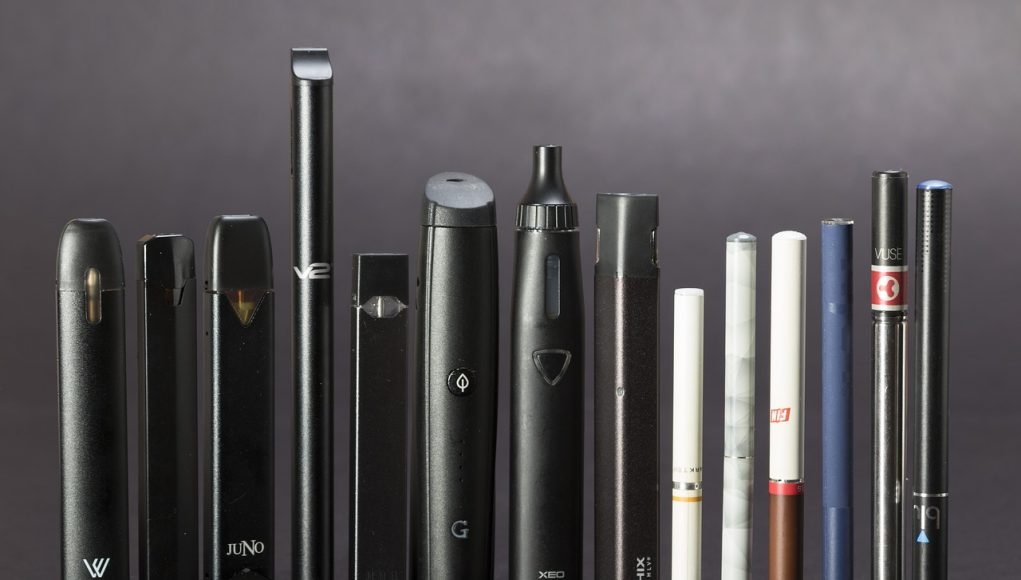The study titled E-cigarette Usage Is Associated With Increased Past-12-Month Quit Attempts and Successful Smoking Cessation in Two US Population-Based Surveys, examined past-12-month quit attempts and smoking cessation between 2006 and 2016. The aim was to determine whether current use of electronic cigarettes was associated with quit attempts and successful smoking cessation at the population level.
The researchers analyzed data from 25- to 44-year-olds from the National Health Interview Survey (NHIS) from 2006 to 2016 (N = 26,354) and the Tobacco Use Supplement to the Current Population Survey (TUS-CPS) in 2006-2007, 2010-2011, and 2014-2015 (N = 33,627).
The results indicated that current use of e-cigarettes was associated with a higher number of attempts to quit smoking (adjusted odds ratio [aOR] = 2.29, 95% confidence interval [CI] = 1.87 to 2.81, p < .001) and greater smoking cessation (aOR = 1.64, 95% CI = 1.21 to 2.21, p = .001) in the NHIS. The TUS-CPS data yielded similar results, showing that current e-cigarette use was significantly associated with increased past-12-month quit attempts and quitting successfully.
US smoking rates reach record low
“The jury’s still out on the effectiveness of e-cigarettes for helping people quit,” said Brian King, from the CDC’s Office on Smoking and Health and senior author on the report detailing this decrease in US smoking rates. “Although anecdotally we know that there are many people who are quitting using e-cigarettes, the plural of anecdote is not data.”
Research indicates that e-cigs are the most effective smoking cessation tools
In the meantime, research keeps indicating that e-cigarettes are the most effective smoking cessation tools to date. A study based on the FDA-funded Population Assessment of Tobacco and Health (PATH), carried out to evaluate the effectivity of e-cigarettes and pharmaceutical cessation aids for smoking cessation, indicated once again, that e-cigarettes are smokers’ preferred cessation aids.
“Our results indicate that [e-cigarettes] are a more popular choice than approved pharmaceutical products as a smoking cessation aid among US quit attempters, over three quarters of whom were daily smokers. In the future, as [vapor] products continue to evolve to make nicotine delivery more similar to that obtained from a cigarette, it is possible that they may play a bigger role in assisting smokers to quit combustible tobacco,” concluded the PATH study researchers.












